On April 7, a New York psychiatrist told ABC News that, “It is certainly reasonable to expect the risk of suicide increasing secondary to the economic and social fallout” of COVID-19. The author of the ABC News article claimed, “Even when the medical threat has disappeared, psychiatrists say people across the globe will battle psychological scars for years.”[1]
The increase in the problems people are facing though, are natural responses to such a pandemic. The psychiatric industry has created a new market by pathologizing the stress connected to COVID-19. On March 30, Dr. Susan Evans, professor of psychology at Weill Cornell Medicine, stated that the long human experience with traumas and other stressful events suggests that the vast majority of people will get through it—and in the meantime shouldn’t try to “pathologize” the negative emotions they’re experiencing. She says, “Feelings of loneliness and anxiety and sadness are really normal emotions under the circumstances. Most of us just need to figure out how best to cope with this situation while it lasts.”[2]
Psychology Today recently reported that, due in part to coronavirus-related stress and anxiety, on a scale felt worldwide, it is especially important to hear reminders that COVID-19, though a pandemic, is not a mental health crisis. Psychiatrist Lucy Johnstone explains, “It’s healthy to be afraid in a crisis” and “wrong to view our natural fears as mental health disorders.”[3]
A recent study in the International Journal of Risk and Safety in Medicine found that not only did a majority of the prominent medical websites they reviewed for information on antidepressants downplay the side effects of the drugs, but 74% of the sites attributed “depression to a ‘chemical imbalance,’ a notion debunked more than a decade ago, but one that websites continue to suggest can be fixed and corrected. Statements on prominent U.S. health care providers argue: ‘It’s a chemical imbalance in your brain that needs to be treated.’ ‘Chemicals in your brain called neurotransmitters may be out of balance.’ ‘If you are depressed, these are out of balance and do not work properly.’”[4]
And of course, the “treatment” being offered is psychiatric drugs. Mirsad Serdarevic Ph.D., writing in Psychology Today, noted that, “Over the past several decades, psychiatric practice has been almost exclusively reduced to psychopharmaceutical practice, which either leads to or contributes to physical deterioration of the population it purports to be treating.” This includes the larger population being prescribed antidepressants which can cause weight gain and could “contribute, if not lead, to development of obesity, one of the risk factors associated with COVID-19 disease complications and mortality.”[5]
Medscape Medical News reported on April 17, that “the psychological, physical, and financial aspects of the ongoing COVID-19 pandemic are having a significant negative impact on Americans’ mental health, new research suggests.”[6] According to an analysis by Express Scripts, the use of antidepressants, anti-anxiety drugs and anti-insomnia drugs “increased 21.0% between February 16 and March 15, peaking during the week ending March 15. That same week, the World Health Organization declared COVID-19 a pandemic and the U.S. declared a national emergency in response to the crisis.”[7]
Glen Stettin, M.D., Express Scripts senior vice president and chief innovation officer, told Medscape Medical News that “More than three quarters (78%) of all antidepressant, antianxiety, and anti-insomnia prescriptions filled during the week ending March 15 were for new prescriptions, a finding that suggests there has been an actual increase in anxiety, depression, and insomnia among Americans.”[8]
But, some of the side effects from antidepressants and anti-anxiety drugs include the very “problems” people are said to be experiencing: anxiety, agitation, insomnia, nervousness, mania, depression and even suicidal behavior. There have been over 150 warnings issued by drug regulatory agencies in 11 countries on the dangers of antidepressants, and 39 warnings issued in 8 countries on anti-anxiety drugs.
Though these are uncertain times, one thing is certain and that is psychotropic drugs with their innumerable dangerous side effects are not the solution to the negative psychological impact from COVID-19 pandemic. We are all in this together and so let’s create a safer, healthier world together by keeping in touch with our loved ones virtually and support each other.
References:
[1] Dr. Yalda Safai, “Unemployment, isolation: COVID-19’s mental health impact: The current pandemic is not just a medical tragedy,” ABC News, April 7, 2020, https://abcnews.go.com/Health/unemployment-isolation-covid-19s-mental-health-impact/story?id=69939700
[2] “The COVID-19 Crisis: How to Cope with Fear and Social Isolation,” Weill Cornell Medicine, March 30, 2020, https://news.weill.cornell.edu/news/2020/03/the-covid-19-crisis-how-to-cope-with-fear-and-social-isolation
[3] Christopher Lane, Ph.D., “Antidepressants and Online Misinformation: A study of medical websites finds widespread misreporting,” Psychology Today, April 13, 2020, https://www.psychologytoday.com/ca/blog/side-effects/202004/antidepressants-and-online-misinformation
[4] Christopher Lane, Ph.D., “Antidepressants and Online Misinformation: A study of medical websites finds widespread misreporting,” Psychology Today, April 13, 2020, https://www.psychologytoday.com/ca/blog/side-effects/202004/antidepressants-and-online-misinformation
[5] Mirsad Serdarevic Ph.D., “When Medications Hurt: How the COVID-19 crisis highlights serious problems with psychiatric treatment,” Psychology Today, April 11, 2020, https://www.psychologytoday.com/us/blog/sound-bell/202004/when-medications-hurt
[6] Megan Brooks, “COVID-19: Striking Uptick in Anxiety, Other Psych Meds,” Medscape Medical News, April 17, 2020, https://www.medscape.com/viewarticle/928901
[7] “AMERICA’S STATE OF MIND: U.S. trends in medication use for depression, anxiety and insomnia,” Express Scripts, April 2020, https://corporate-site-labs-prod.s3.us-east-2.amazonaws.com/2020-04/Express%20Scripts%20America%27s%20State%20of%20Mind%20Report%20April%202020%20FINAL_1.pdf
[8] Megan Brooks, “COVID-19: Striking Uptick in Anxiety, Other Psych Meds,” Medscape Medical News, April 17, 2020, https://www.medscape.com/viewarticle/928901
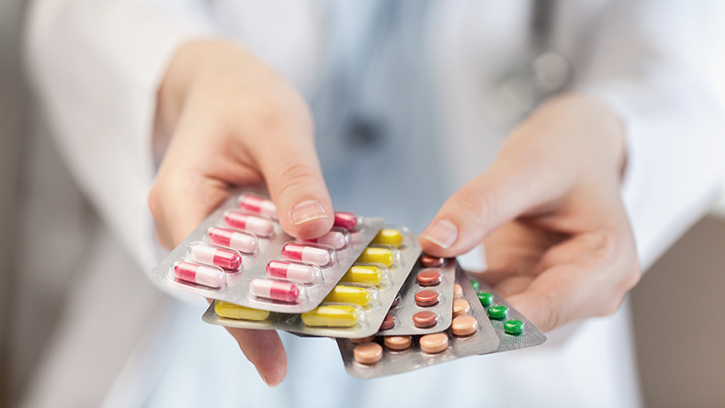
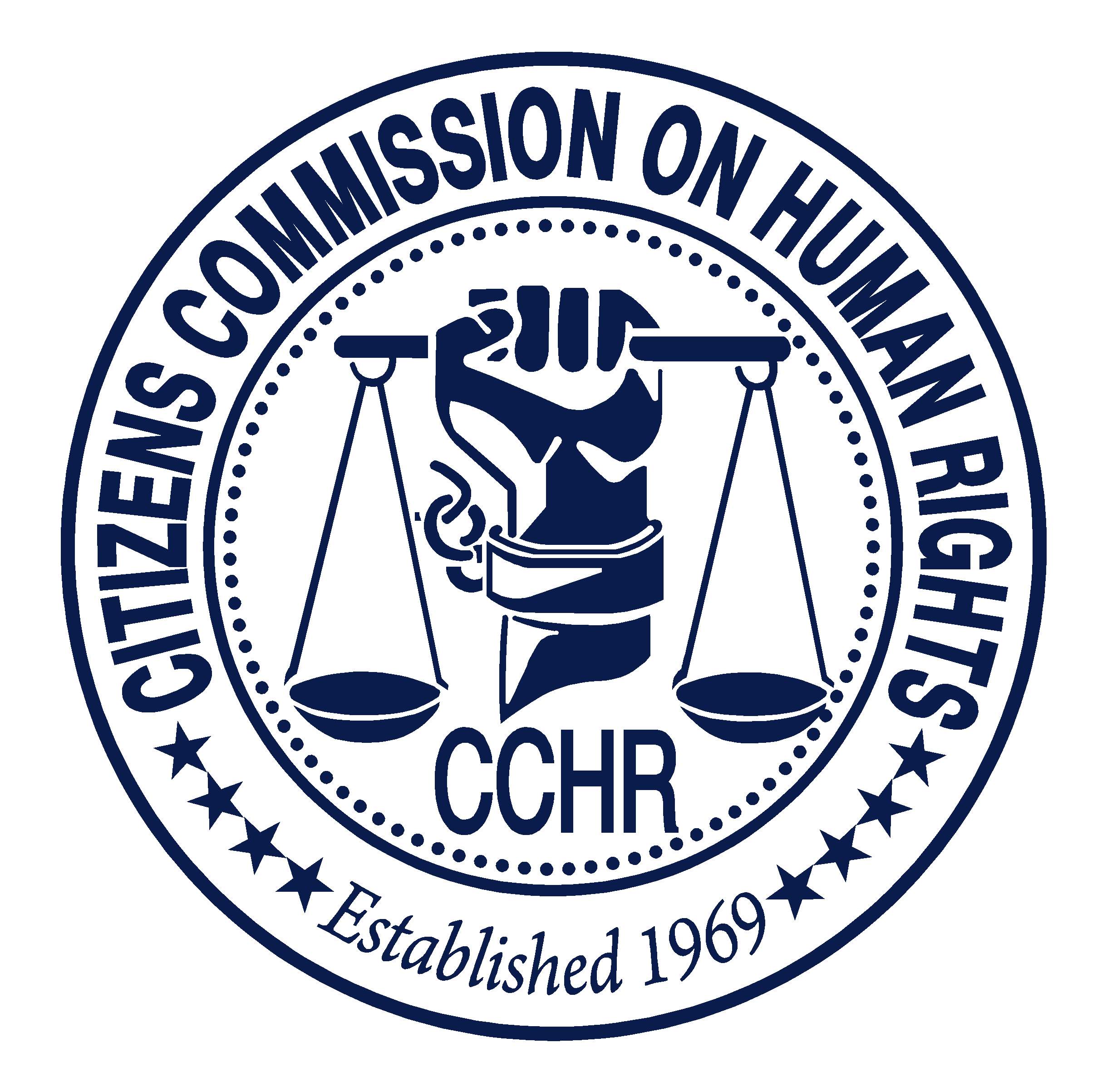

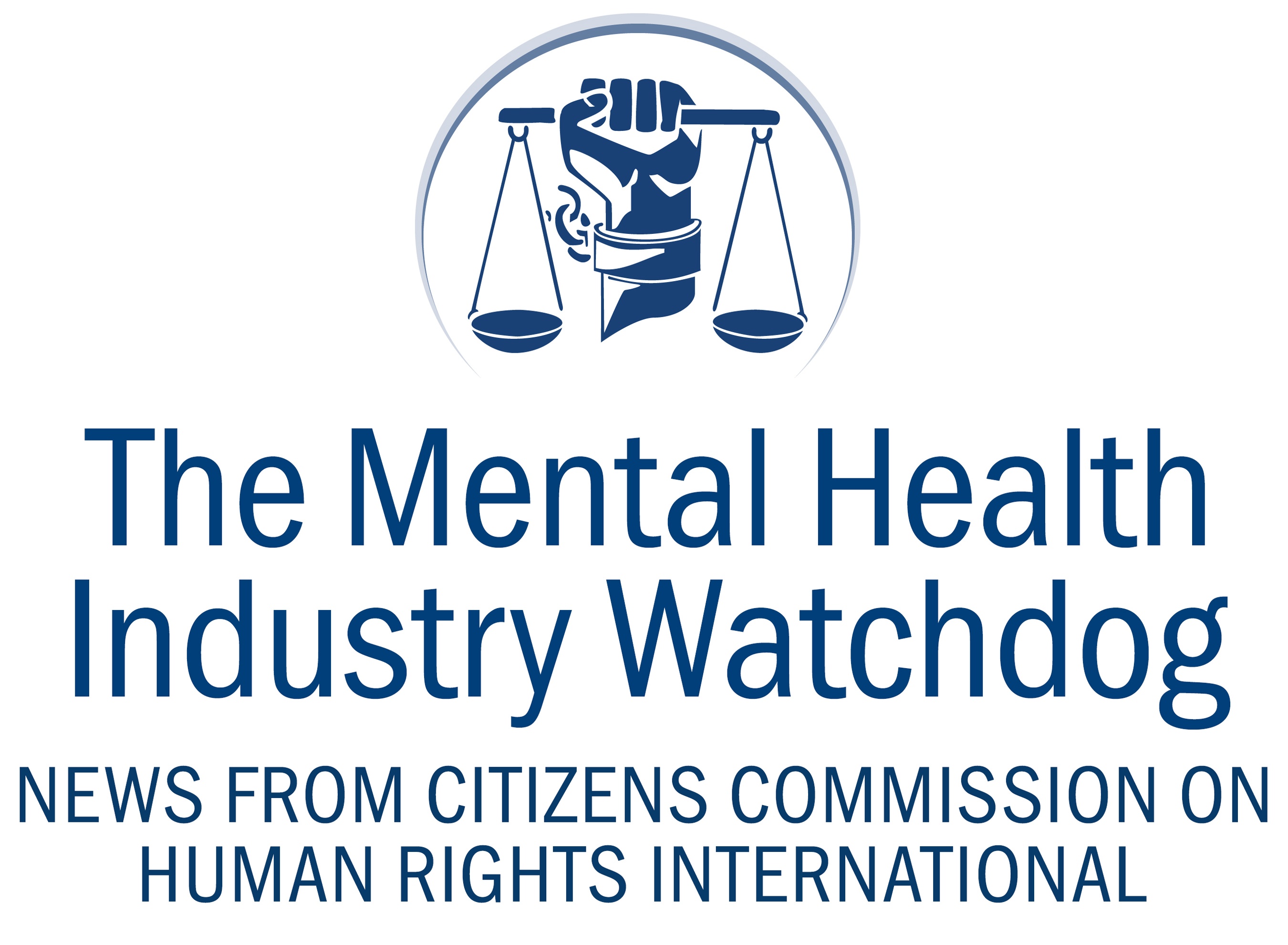

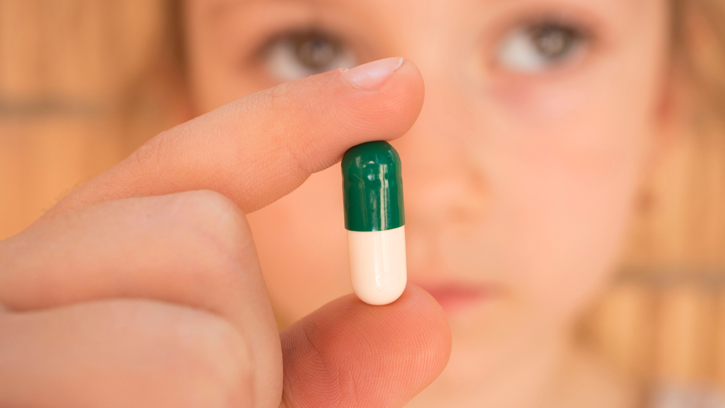
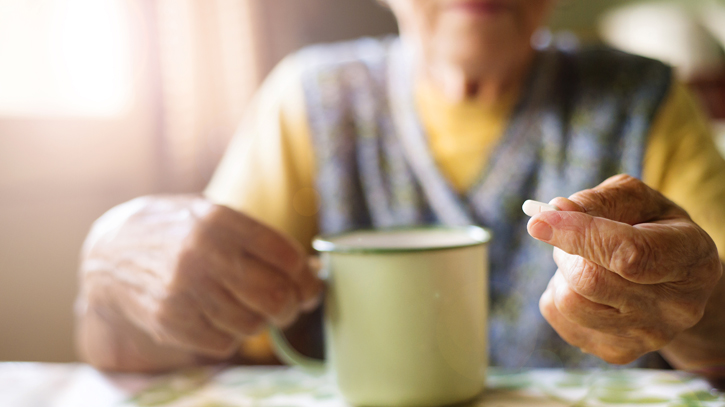
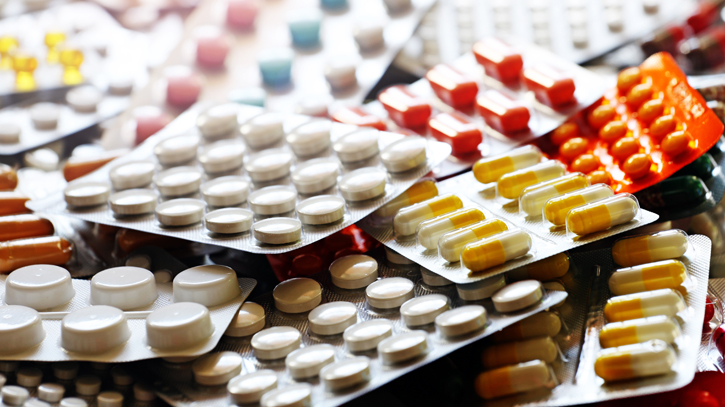
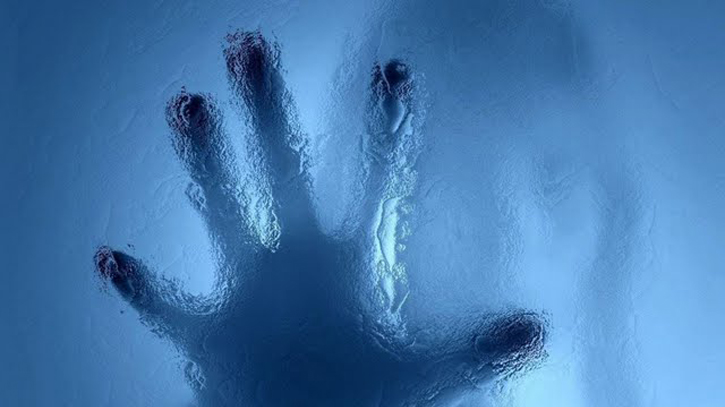

Leave A Comment
You must be logged in to post a comment.